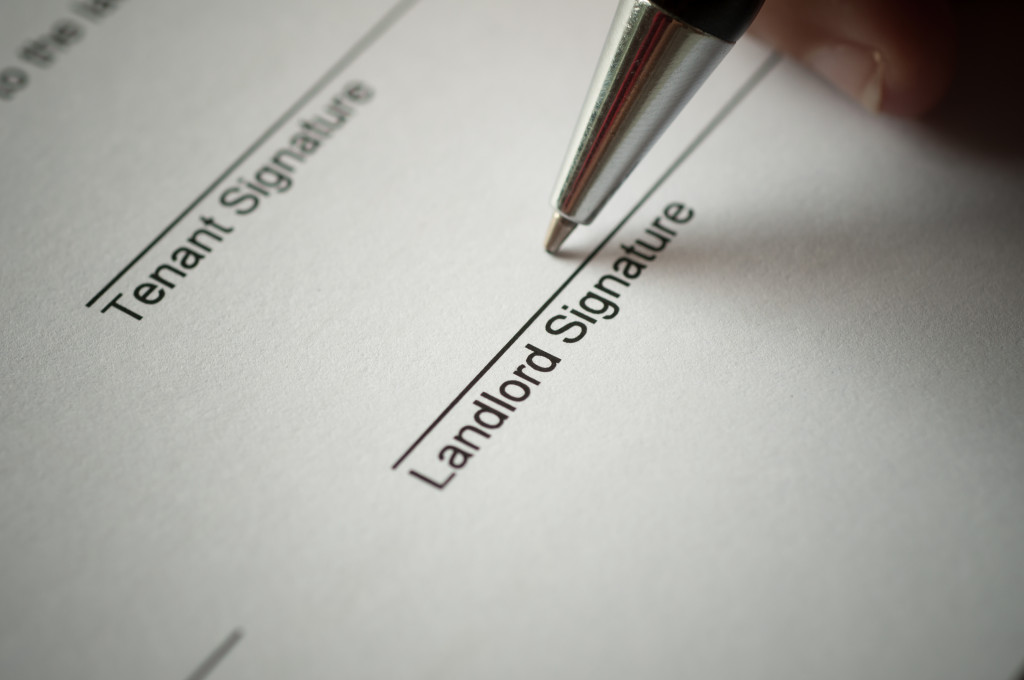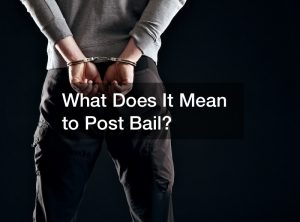• Eviction process is the best way for landlords to legally remove tenants who don’t abide by the lease agreement.
• Lease agreement provides legal protection for landlords, outlining tenants’ rights and responsibilities.
• Security deposits help landlords recoup costs of damages caused by tenants.
• Fair housing laws protect tenants from discrimination based on race, religion, national origin, gender, disability, or familial status.
Being a landlord can be a very rewarding experience, but it can also be stressful, especially when dealing with problematic tenants. Tenants who refuse to pay rent on time, damage your property, or disturb the peace can cause significant problems for landlords. Fortunately, there are laws and regulations in place that help landlords deal with problematic tenants.
The Eviction Process
When dealing with problematic tenants, the eviction process is a landlord’s best friend. The eviction process allows landlords to legally remove tenants who refuse to pay rent, violate lease agreements, or cause significant damage to the property.
State and local laws govern the eviction process. Still, the basic steps involved include giving notice to the tenant, filing an eviction lawsuit, attending a court hearing, and obtaining a court order to remove the tenant.
Having a professional to help you with eviction is good, especially if it’s your first time. An experienced real estate lawyer can help you with this. They can ensure you understand the local laws and complete all the necessary steps to evict a tenant. Moreover, they can represent you in court if needed.

Lease Agreements
A lease agreement is a legal contract between the landlord and the tenant. The lease agreement outlines the tenant’s responsibilities while living on the property, including the amount of rent due, the length of the lease, and the consequences for violating the terms of the lease. A well-written lease agreement is one of the most effective tools for protecting landlords from problematic tenants. If a tenant violates the lease agreement, the landlord can terminate the lease and evict the tenant.
Security Deposits
Landlords often use security deposits to protect themselves from tenants who cause damage to the property or fail to pay rent. In most states, landlords must provide tenants with an itemized list of deductions from their security deposit within a specific time frame after the lease ends. This allows the landlord to recoup the cost of any damages caused by the tenant. If the tenant disputes the deductions, the landlord must provide evidence to support their claim.
Fair Housing Laws
Fair housing laws are designed to protect tenants from discrimination based on race, religion, national origin, gender, disability, or familial status. A landlord must adhere to fair housing laws to avoid legal problems. When selecting tenants, it is illegal to discriminate based on any of the protected classes. Additionally, landlords must make reasonable accommodations for tenants with disabilities.
Landlord’s Right of Entry
As a landlord, you can enter your property to make repairs, perform maintenance, or show the property to prospective tenants. However, you must give the tenant reasonable notice before entering the property, usually 24-48 hours. If the tenant refuses to allow you access to the property, you may be able to obtain a court order to force entry.
How to Deal With Problematic Tenants
It’s also important that you know how to handle problematic tenants. Here are some ways to deal with problematic tenants.
Communication is Key
Communication is the first step in dealing with problematic tenants. When tenants complain about something, listening to them and trying to understand their situation is essential. Ensure you address their concerns and devise a reasonable solution acceptable to both parties. If there are any lease violations or property damage, explain the consequences of their actions and let them know what needs to be done to remedy the situation.

Keep Records
Keeping records is critical when it comes to dealing with problematic tenants. Ensure you document everything, from initial conversations to complaints and lease violations. Record all instances when the rent is not paid on time and create a paper trail of any communication with the tenant. In case of legal action, all these records will be helpful.
Enforce the Lease Agreement
The lease agreement is a legal document that outlines tenant responsibilities and obligations. If tenants violate the lease agreement, it is essential to hold them accountable. Start with a simple warning, followed by a demand for correction of the violation, and finally, termination of the lease if the violations are not rectified.
Hire a Property Manager
Hiring a property manager to handle your rental property can be an excellent option if you don’t want to deal with problematic tenants. A property manager will collect rent, handle communication, and deal with maintenance issues. Moreover, they will handle the eviction process if necessary.





